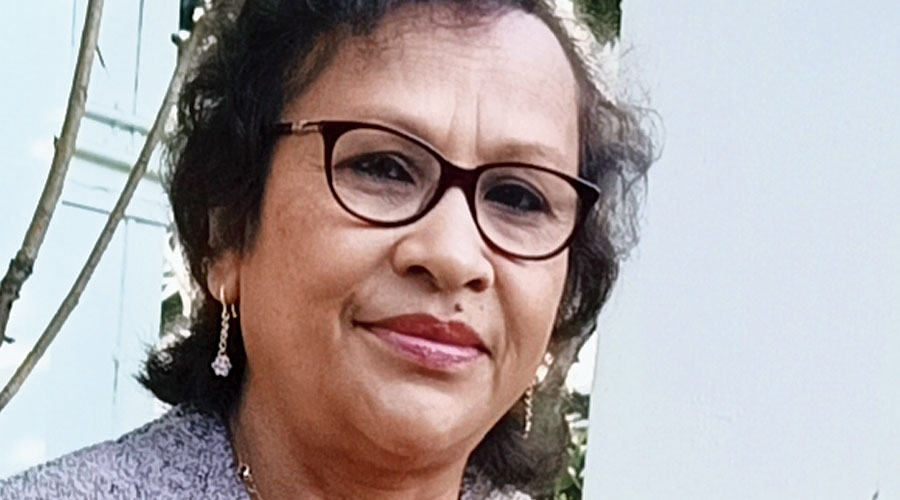The Supreme Court on Tuesday reserved its verdict on a plea filed by journalist Patricia Mukhim against Meghalaya High Court ruling which refused to quash an FIR against her for allegedly creating communal disharmony through her Facebook post.
A bench of Justices L Nageswara Rao and Ravindra Bhat heard arguments during which senior advocate Vrinda Grover, appearing for Mukhim, submitted that there was no intention to create disharmony or conflict through the post which referred to an incident of a murderous assault on July 3, 2020.
"It has to be seen what was the intent of my post. I am drawing the attention of the Chief Minister and police towards the attack. My aim was to highlight the criminal element present in the society. I am performing my role as a responsible citizen, Grover argued.
The counsel for the Meghalaya government told the top court that communal colour was given to the scuffle between minor boys and her post shows it was a communal incident between tribal and non-tribal people.
On November 10 last year, the single bench judge of Meghalaya High Court in his ruling found Mukhim guilty of creating communal disharmony, a crime under Section 153 CrPC and refused to quash an FIR filed by the Lawsohtun Dorbar Shnong (a traditional institution).
Mukhim had hit out at the Lawsohtun village dorbar (council) on Facebook for failing to identify the murderous elements after five boys were attacked at a basketball court in July this year.
Eleven people were picked up and two were arrested in the case.
The police complaint was filed against Mukhim by the village council on July 6 for her post on the social media, alleging that her statement incited communal tension and might instigate communal conflict.
She was subsequently booked under Sections 153A (promoting enmity between different groups on grounds of religion, race, place of birth, residence, language etc. and other provisions of the IPC.











